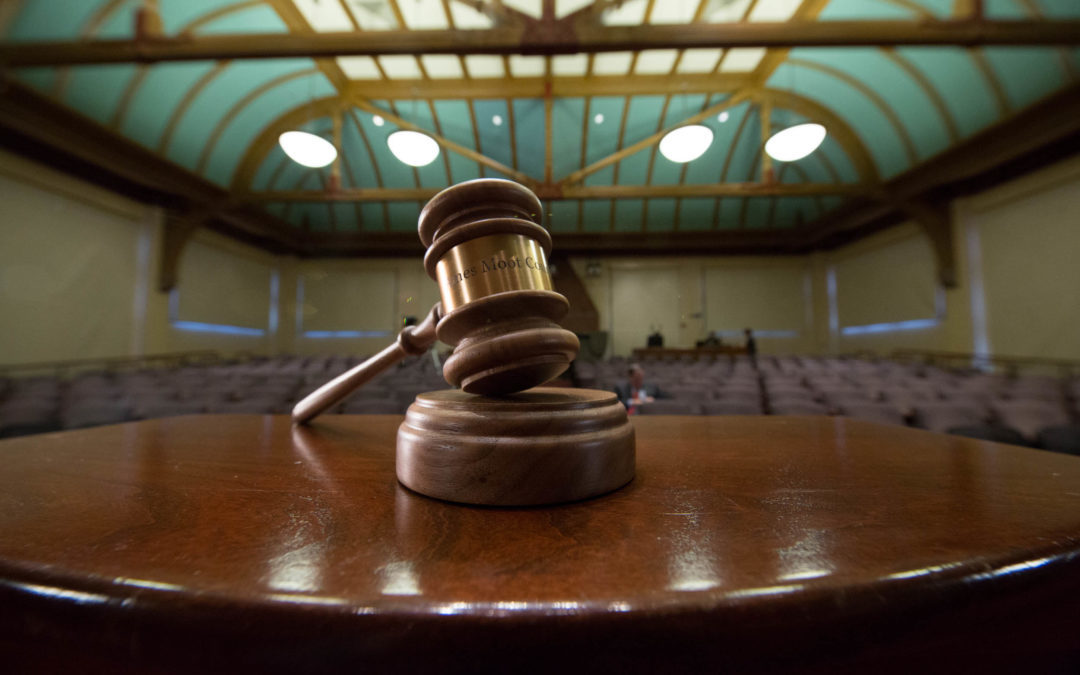Energon, U.S.A. v. Ames County Board of Commissioners
This case turns on the scope of Article III judicial power. Plaintiffs, the Ames County Board of Commissioners, brought suit against Defendant Energon, U.S.A, alleging that Energon committed public nuisance under Ames common law by producing, marketing, and selling fossil fuels that contributed to the climate change that has harmed Ames County. Soon after Ames County filed its complaint, Energon sought to remove the suit to federal court under 28 U.S.C. § 1441(a), which provides for removal “of any civil action brought in a State court of which the district courts of the United States have original jurisdiction.” Energon argued that Ames County’s claim arises under the laws of the United States because federal common law exclusively governs claims concerning the effects of global greenhouse gas emissions and the nation’s energy supply.
After the district court rejected Energon’s arguments and remanded the case back to the Ames state court, Energon appealed to the Ames Circuit. The court of appeals affirmed the district court’s determination. Although federal common law governed questions concerning interstate gas emissions in the past, the court reasoned, it has since been superseded by the Clean Air Act, which today grants states some authority to regulate such activity. In doing so, the circuit further deepened a split among the courts of appeals concerning the continuing vitality of federal common law with respect to interstate gas emissions. The circuit further ruled that removal was barred by the “well-pleaded complaint” rule, which instructs that federal jurisdiction may only be asserted when a federal question appears on the face of a complaint. Because the County’s complaint only asserted a claim under state law, no federal hook appeared on the face of its complaint.
Energon subsequently appealed to the Supreme Court of the United States. Its appeal presents two questions:
- Whether federal common law exclusively governs claims seeking redress for injuries allegedly caused by the effect of interstate greenhouse gas emissions.
- Whether a federal district court has jurisdiction under 28 U.S.C. § 1331 over claims seeking redress for injuries allegedly caused by the effect of interstate greenhouse gas emissions even if they are pleaded under state law.
Representing the petitioner, The Lani Guinier Memorial Team; Daniel Ergas, Gillian Hannahs, Emily Hatch, Samantha Neal (Oralist), Sierra Polston (Oralist), and Natalie Tsang.
Representing the respondent, The Justice Ruth Bader Ginsburg Memorial Team; Pauline Esman, Justin Fishman, Connor Haaland, Sami Ilagen (Oralist), Niko Paladino (Oralist), and Lincoln Plews.
Presiding over this year’s competition are the Honorable Sri Srinivasan, United States Court of Appeals for the District of Columbia Circuit, the Honorable Britt Grant, United States Court of Appeals for the Eleventh Circuit, and the Honorable Rowan Wilson, New York Court of Appeals.

